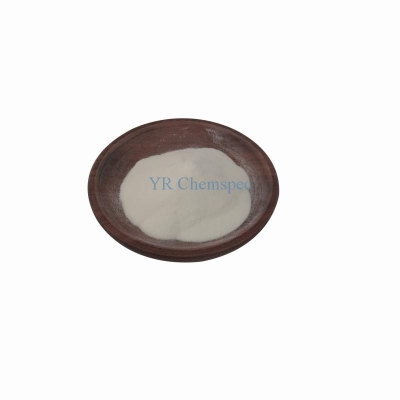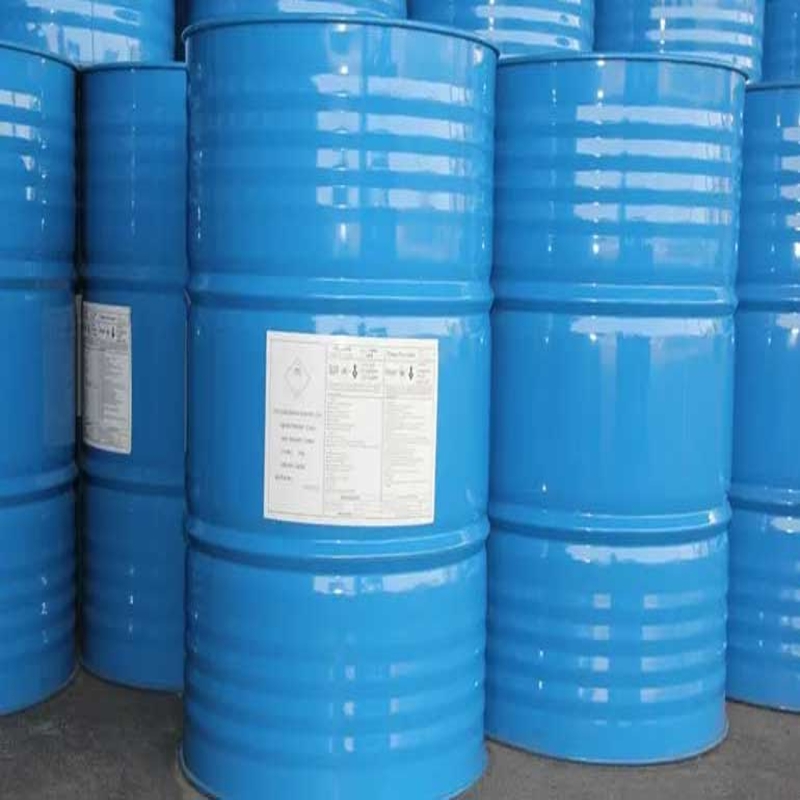-
Categories
-
Pharmaceutical Intermediates
-
Active Pharmaceutical Ingredients
-
Food Additives
- Industrial Coatings
- Agrochemicals
- Dyes and Pigments
- Surfactant
- Flavors and Fragrances
- Chemical Reagents
- Catalyst and Auxiliary
- Natural Products
- Inorganic Chemistry
-
Organic Chemistry
-
Biochemical Engineering
- Analytical Chemistry
-
Cosmetic Ingredient
- Water Treatment Chemical
-
Pharmaceutical Intermediates
Promotion
ECHEMI Mall
Wholesale
Weekly Price
Exhibition
News
-
Trade Service
Important progress in the research on controllable carbonization of waste plasticsSolid waste (such as waste plastics) treatment is an important problem facing today's society, and researchers from Huazhong University of Science and Technology and Chunying Institute of Chinese Science and Technology have made important progress
in this field.
They proposed strategies such as combined catalysis, activated template carbonization and rapid carbonization to achieve controllable carbonization
of waste plastics.
The research team found that the combination catalysis of trace amounts of polyionic liquid and NiO can efficiently catalyze the controlled carbonization of waste polypropylene, and carbon materials with different morphologies, including carbon nanofibers or carbon nanotubes, can be prepared according to the different types of polyionic liquids
.
They further found through scanning electron microscopy and projection electron microscopy that adding chlorine-containing or bromine-containing polyionic liquids is easy to generate shorter and coarser carbon nanofibers.
The addition of iodine-containing polyionic liquids makes it easy to form longer and finer carbon nanotubes
.
In addition, NiO is finally reduced to pear-shaped elemental nickel, which is embedded at one end
of the carbon tube.
In other words, the waste polypropylene carbonization product can be prepared in one step without purification
.
This research not only provides a new way for the recycling of waste plastics, but also provides a new method
for the preparation of functional carbon materials.







